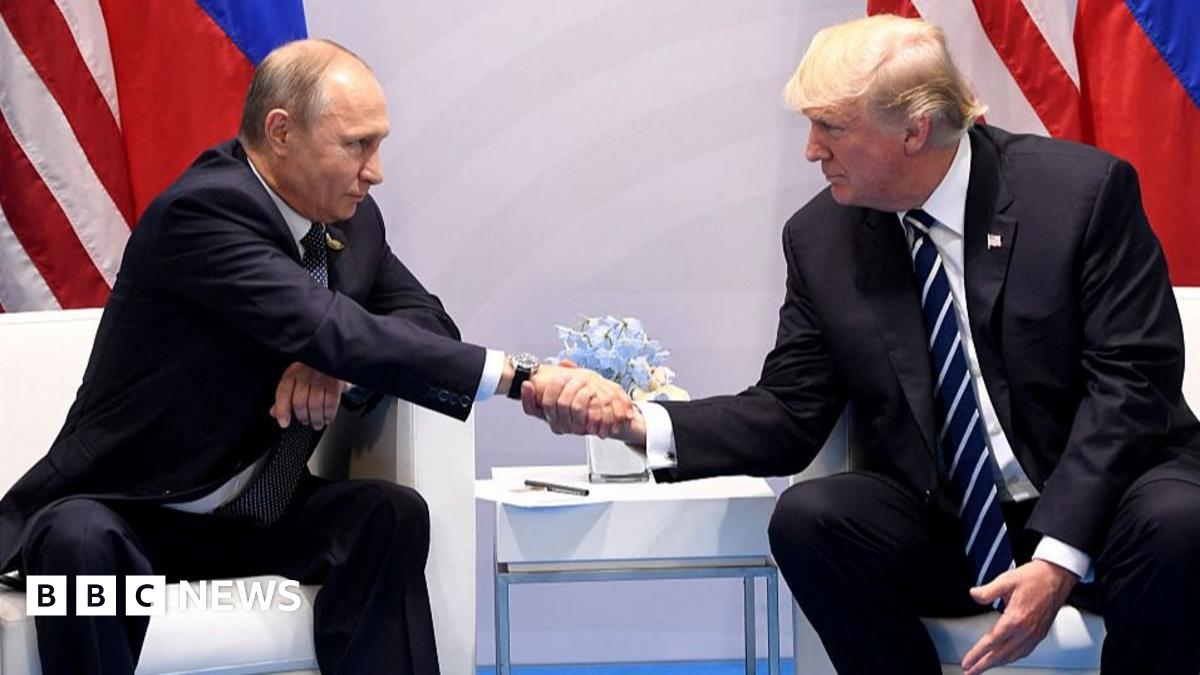Zelensky's Diplomatic Shift: Can a New Approach Secure Crucial Trump Support for Ukraine?

Zelensky’s prior visit to Washington was marked by a palpable tension. A public disagreement with both Donald Trump and JD Vance underscored the growing complexities of securing unwavering US support for Ukraine. Trump's criticisms of the aid packages and Vance's questioning of the strategy revealed a fracturing of the bipartisan consensus that had previously underpinned Washington's commitment. The abrupt shortening of the visit served as a stark reminder of the delicate political tightrope Zelensky must navigate.
The experience appears to have prompted a reassessment within the Ukrainian leadership. The initial approach, heavily reliant on appealing to shared democratic values and emphasizing the strategic importance of Ukraine to US national security, seems to have lost some of its potency. Zelensky's team now appears to be focusing on a more nuanced strategy, recognizing the need to address specific concerns raised by influential figures like Trump.
A key element of this new strategy involves directly engaging with Trump. While fraught with potential risks, this approach acknowledges Trump's continued influence within the Republican party and his potential role in shaping future US policy towards Ukraine. Sources suggest Zelensky is exploring avenues to demonstrate the tangible benefits of supporting Ukraine, not just in terms of geopolitical stability, but also in terms of economic opportunities and security interests for the United States. This includes highlighting Ukraine's role as a key partner in countering Russian influence and its potential as a market for American goods and services.
However, securing Trump's support is only one piece of the puzzle. Zelensky also recognizes the need to cultivate relationships with other influential figures within both parties. He is actively engaging with moderate Republicans and Democrats who remain committed to supporting Ukraine, emphasizing the importance of maintaining a united front against Russian aggression. This involves addressing concerns about aid accountability and ensuring that US assistance is used effectively to achieve clear strategic objectives.
Ultimately, Zelensky’s goal remains securing a peaceful resolution to the conflict. While military assistance is crucial, he understands that a sustainable peace requires a broader diplomatic effort. Engaging with Trump, while challenging, could potentially open new channels for negotiations and facilitate a dialogue with Russia. The focus is shifting from solely relying on American military aid to actively shaping the narrative and building a coalition that supports a negotiated settlement.
The coming months will be critical for Ukraine. Zelensky’s ability to navigate the complex US political landscape and secure continued support will be paramount to his nation’s survival. His diplomatic shift represents a calculated risk, but one that may be necessary to avoid another White House debacle and to bring Ukraine closer to a lasting peace.





